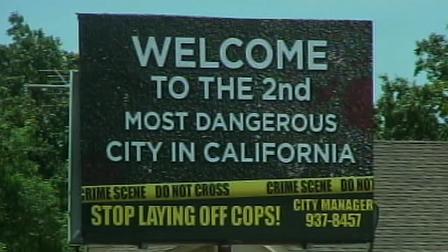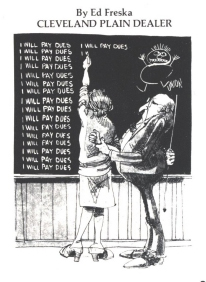Rep. Darrell Issa Confronts Big Labor's Refusal to Abide by Law
Perhaps if journalists weren't union members or weren't signing recall petitions against Gov. Scott Walker, we would see more information about Rep. Darrell Issa's report on how workers are being left in the dark about their rights not to join a union and in some cases are threatened to pay union dues. Thankfully PJ Media has the story: PJ Media has reported on incidents of workers residing in states without “right-to-work” laws being forced to unionize in order to keep their jobs. In some instances, workers have been forced to unionize simply to care for disabled family members. An additional angle to this story: unions have been misappropriating those dues to skirt laws restricting a union’s ability to spend that money for political purposes. According to a report released by Rep. Darrell Issa (R-CA), unions spent more than $1.1 billion in dues to finance political and lobbying activities during the 2010 election cycle. In the 27 states which do not have “right-to-work” laws — which prohibit forced unionization — workers are allowed to resign their union membership, but must then pay so-called “agency fees” so that they are not “free riding” on the union members’ collective bargaining. However, federal law prohibits the use of agency fees to support political candidates and causes to which the non-member objects, and requires that portion of their fees to be refunded upon demand. According to the report, getting that money refunded is extremely difficult: Many workers are intentionally left unaware of their rights, and in some cases are subjected to a campaign of threats and extortion. Additionally, because unions do not have to submit agency fee determinations to an independent auditor, unions can get around a worker’s Beck right by inaccurately categorizing almost all union expenditures as representational expenses.



